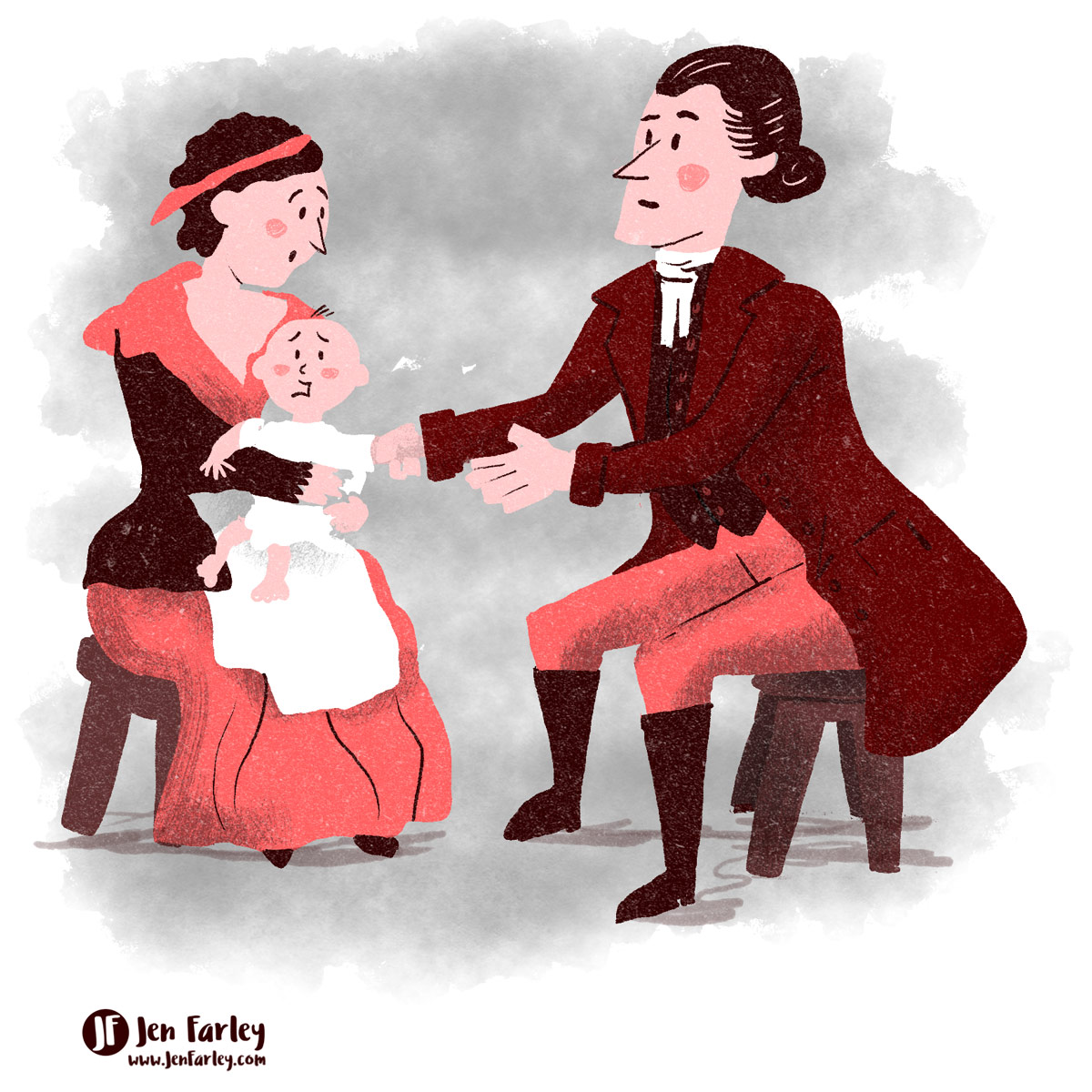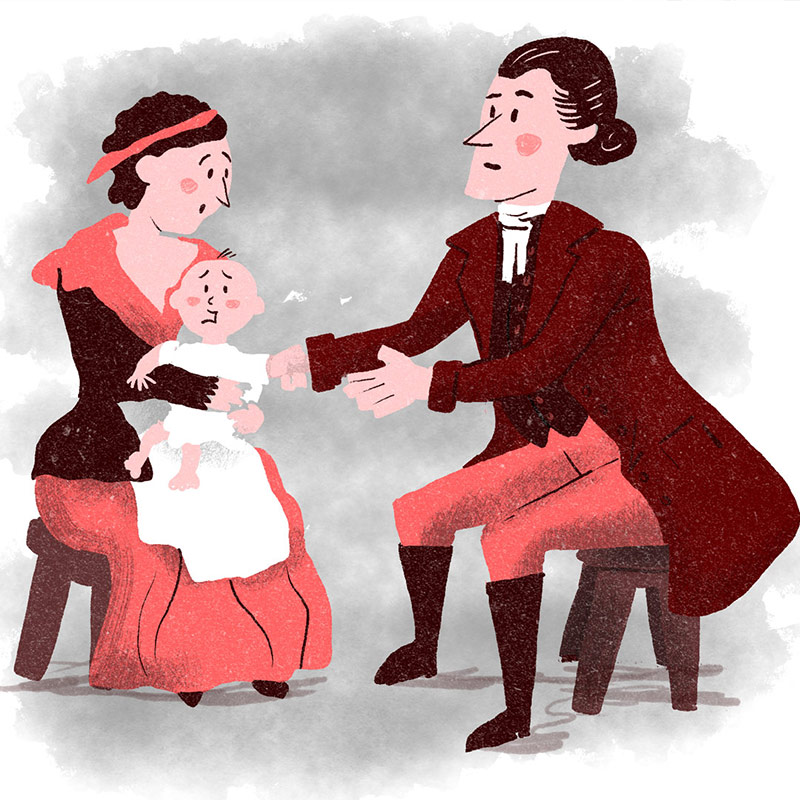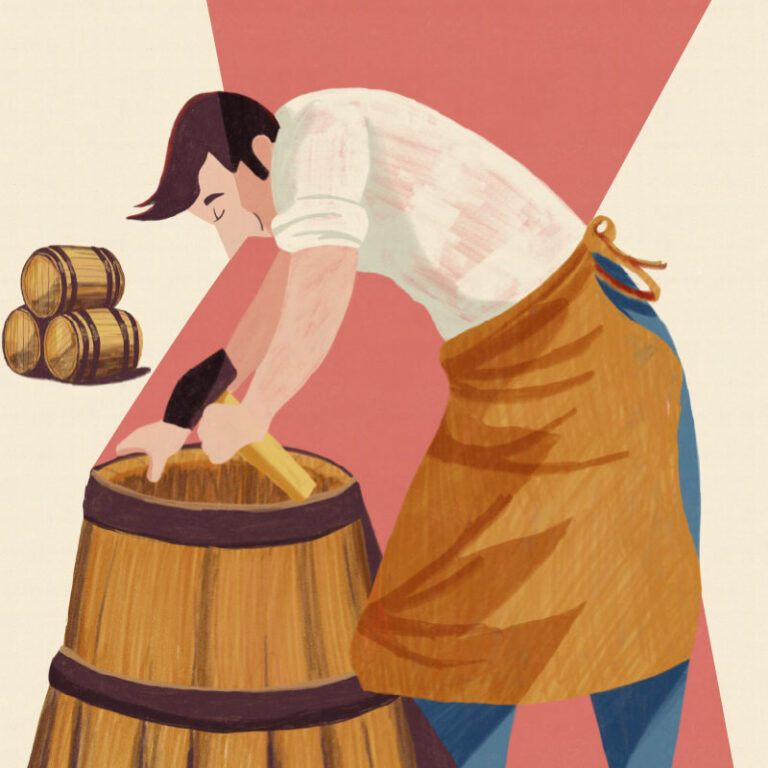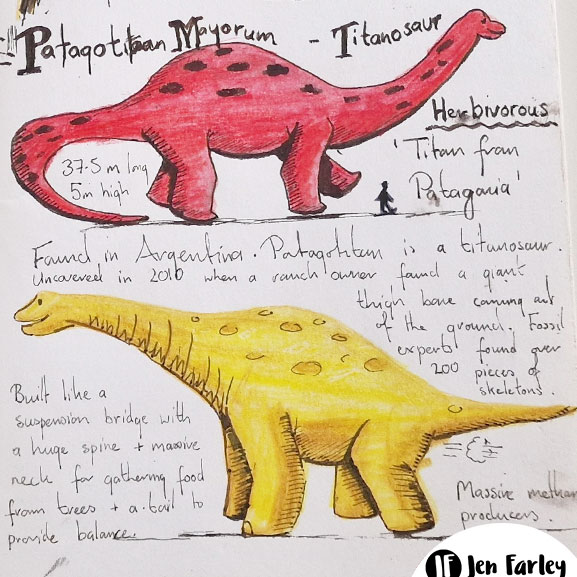As the world goes into lockdown from the Coronavirus, I listened to a show on the BBC about the work of Edward Jenner. He is best known for inventing a vaccine for Smallpox.

It was a common observation that milkmaids were generally immune to smallpox. Jenner thought that the pus in the blisters that milkmaids received from cowpox (a disease similar to smallpox, but much less virulent) protected them from smallpox. He may already have heard of Benjamin Jesty’s success.
On 14 May 1796, Jenner tested his hypothesis on an eight-year-old boy, the son of his gardener. He scraped pus from cowpox blisters on the hands of a milkmaid. Jenner inoculated Phipps in both arms that day, subsequently producing in Phipps a fever and some uneasiness, but no full-blown infection. Later, he injected the boy with a mild form of smallpox and he showed no sign of infection. Jenner successfully tested his hypothesis on 23 more subjects.
- “Jenner’s unique contribution was not that he inoculated a few persons with cowpox, but that he then proved that they were immune to smallpox. Moreover, he demonstrated that the protective cowpox pus could be effectively inoculated from person to person, not just directly from cattle”.
Text courtesy of Kiddle.




